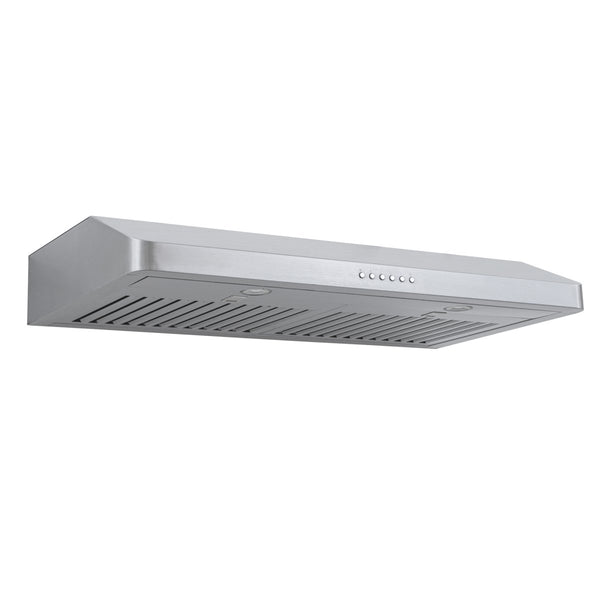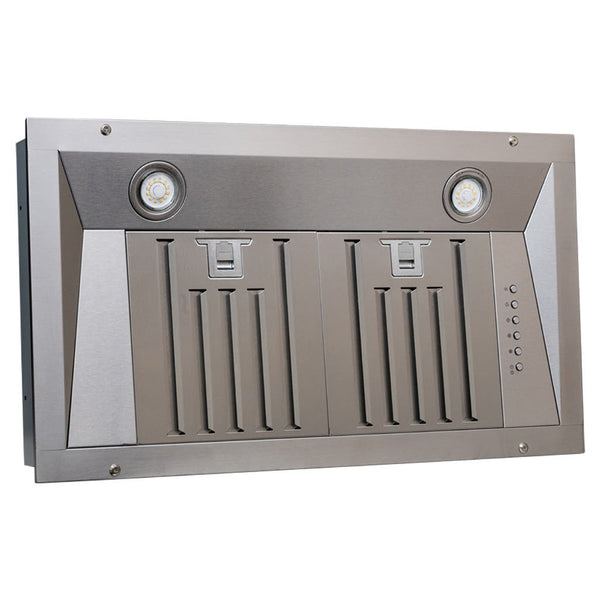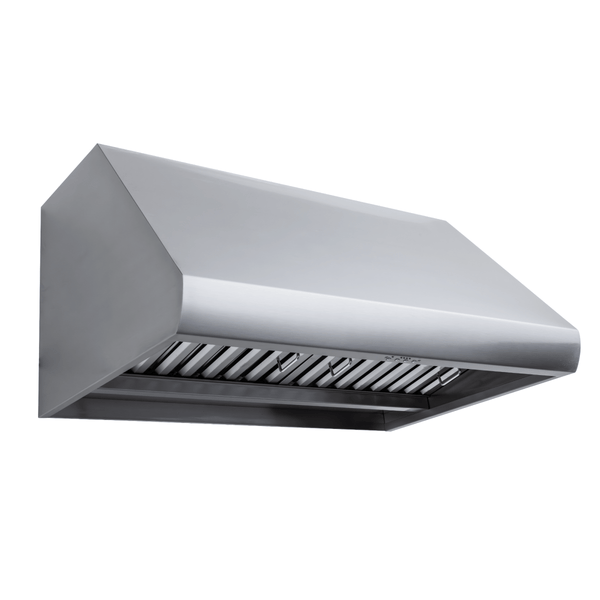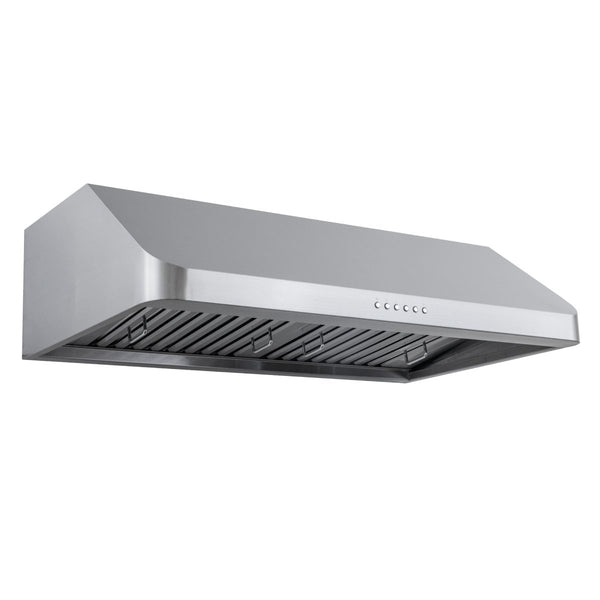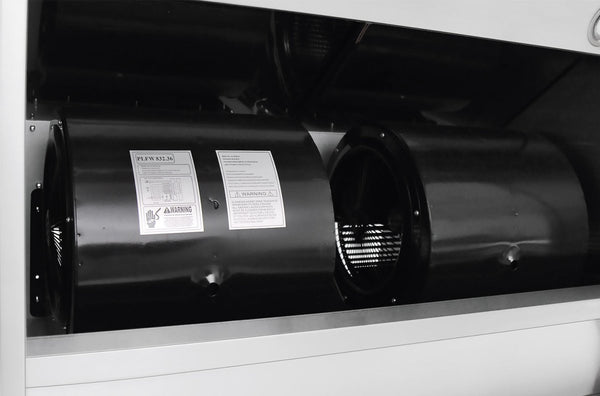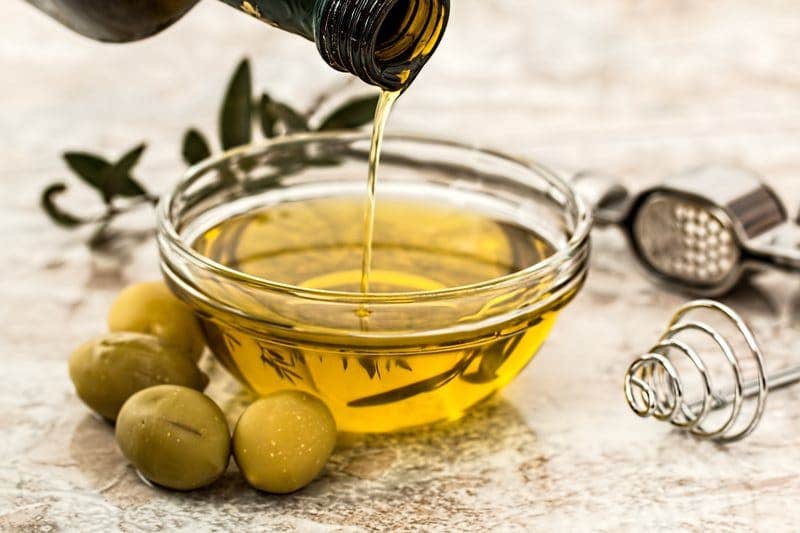You just finished cooking homemade fried chicken in your kitchen. Delicious! But there’s just one problem. What do you do with all that leftover cooking oil?
Unfortunately, you can’t just toss it down the drain. But there are a few other ways you can get rid of it. We’ll show you exactly how to dispose of cooking oil, step by step.
If you don’t want to dispose of it just yet, don’t worry. We’ll go over a few ways you can reuse your cooking oil to get the most out of it.
How to Dispose of Cooking Oil
1. Let the oil cool.
After you’re done cooking, the oil will be very hot – hot enough to cause third-degree burns! So, don’t dispose of it right away. Let it sit for at least an hour before continuing with steps two to four.
Don’t touch the oil to see how hot it is; you could get burned. Instead, just hold your hand over the top of the pan. If it’s still quite hot, wait longer for the oil to cool.
2. Pour it into a plastic bottle, milk carton, or other disposable container.
Once cool, you can pour the oil into a plastic container. I don’t recommend using Tupperware or other composite plastic containers. You’ll want to save those for food storage! Instead, use an empty milk carton or water bottle.
It’s possible to use a soup can, but those are difficult to seal. So stick with a disposable plastic container if possible.
3. Seal the container and set it in the trash.
Make sure that your container with oil is tightly sealed. If not, the oil may leak out. This can make trash pickup difficult since it could attract bugs and animals. It also has a strong unpleasant smell.
4. Take the trash out.
After you store your oil securely, take the trash out. In case any leaks happen, you won’t have to deal with the consequences in your kitchen. Taking the trash out immediately is just a safer option.
3 Ways to Reuse Cooking Oil

Freeze it for up to about a year.
Take cooking oil out of your freezer after about a day and it will be completely frozen!
Refrigerate it for a few months.
Just make sure to seal the container tightly so cooking odors don’t absorb into the oil. When you take the oil out of the fridge, smell it to make sure it’s not rancid.
Freezing or refrigerating oil makes it easy to use again. If you’re an avid fryer, you can be environmentally conscious by reusing your cooking oil as often as possible.
You can reuse oil twice in most cases – maybe three times. Just make sure it doesn’t go rancid. Keep in mind that each time you use oil, its smoke point decreases. So, fresh oil with a smoke point of 400 degrees may have a smoke point of around 350 to 380º after a couple of uses.
Spray your plants with it to deter bugs.
Did you know that cooking oil is a natural, non-toxic pesticide? Just put it into a spray bottle and spray your leaves with it. That’ll keep the bugs at bay and keep your plants healthy!
What Not to Do When Disposing of Cooking Oil

Here are four things to avoid when disposing of cooking oil.
Store it in plastic bags.
Plastic bags are pretty flimsy, so oil might leak out of them. Instead of a plastic bag, go with a more durable plastic container like a milk carton or plastic water bottle.
Pour it down the drain.
The last thing you want is clogged water pipes! When oil travels down your water system, it will eventually harden and restrict the flow of water. Getting this looked at and flushed out can be costly. So avoid pouring cooking oil down the drain.
Pour it outside.
Oil is not healthy for plants and animals, can contaminate food supplies, and go rancid. Not to mention it could seep into our sewer systems, drinking water, oceans...the list goes on. Do the environment a favor and seal your used cooking oil in a plastic container. Then toss it into your trash instead of pouring it outside.
Add it to your compost bin (if it was used for poultry or meat)
Plant-based oils like vegetable oil are a great addition to your compost bin. If you used your cooking oil to cook vegetables – pretty much anything but meat or poultry – you can add it to the bin.
But, cooking oil used to fry meat or chicken may attract skunks, raccoons, rodents… animals that you don’t want around.
Frequently Asked Questions

Can you dispose of cooking oil in the garden?
You can dispose of oil in your compost bin. But don’t just pour it out in your garden. Oil is not biodegradable and it will hinder plant growth.
How do I dispose of expired vegetable oil?
Make sure your expired oil is cool. Then, put it in a plastic container or milk carton. Seal the container, then put it in your kitchen trash. It’s that easy!
Can you pour vegetable oil down the drain?
Never pour vegetable oil down the drain. It will build up around the edges of the pipes and stop the flow of water. This can lead to huge problems with your plumbing and water systems. They’re quite expensive to repair so be sure to avoid putting oil down the drain.
Can you dump grease down the toilet?
Do not dump grease down the toilet. As it moves through the pipes, it will cool and harden. Thick grease will build up in your pipes and this can quickly lead to a complete blockage. Instead of dumping your grease down the toilet, pour it into a milk carton, seal it, and toss it in your trash.
When should you throw out cooking oil?
After two to three uses, you can throw out your cooking oil. The most important thing to keep in mind is the smell. If your oil smells rancid, don’t use it again. Sometimes it will go bad after two uses, and other times, five or more.
What is the most environmentally friendly way to dispose of cooking oil?
Many recycling centers and landfills accept grease or cooking oil – some may even pay you for it. These companies know exactly how to recycle cooking oil in an environmentally friendly way. You can find out who collects used cooking oil in your area by clicking here.
Can I pour used cooking oil on the ground?
Oil is not biodegradable so it will eventually make its way into the sewer system, rivers, or oceans. Cooking oil can be dangerous for wildlife and hinders plant growth. To dispose of cooking oil properly, store it in a milk carton, seal it, and throw it away in your home trash.
Will vegetable oil kill plants?
In small quantities, vegetable oil is an effective nontoxic pesticide. You can spray it on the plant leaves to discourage pests from eating your plants. But, you shouldn’t pour it on the soil. The oil blocks the flow of oxygen and nutrients. So the plant will have to work harder to survive. It would require a lot of oil to kill the plant entirely, but there are better ways to dispose of your cooking oil.
Does vegetable oil kill trees?
It’s not good for trees, but it would take gallons of vegetable oil to kill an entire tree. If you continuously pour oil on your tree, it will eventually die. Oil is quite dense, so it restricts the tree’s access to oxygen and nutrients.
Is vegetable oil a hazardous substance?
Vegetable oil is not hazardous waste. If it is heated past its smoke point or doused with flour or baking powder, it can ignite. But it is not hazardous.
That wraps up our article on how to get rid of your cooking oil. Hopefully you didn’t find the process difficult. If you remember one thing, don’t pour cooking oil down the drain. That can cause you a lot of problems in the long run.
For more kitchen tips, be sure to check out our other articles! Thanks for stopping by!
Related Articles
How to Get Rid of Cooking Smells in Your House
Is a gas or electric stove better for the environment?
Do range hoods prevent grease fires?
How do I dispose of cooking oil?
2. Pour it into a plastic bottle, milk carton, or other disposable container.
3. Seal the container and set it in the trash.
4. Take the trash out.
